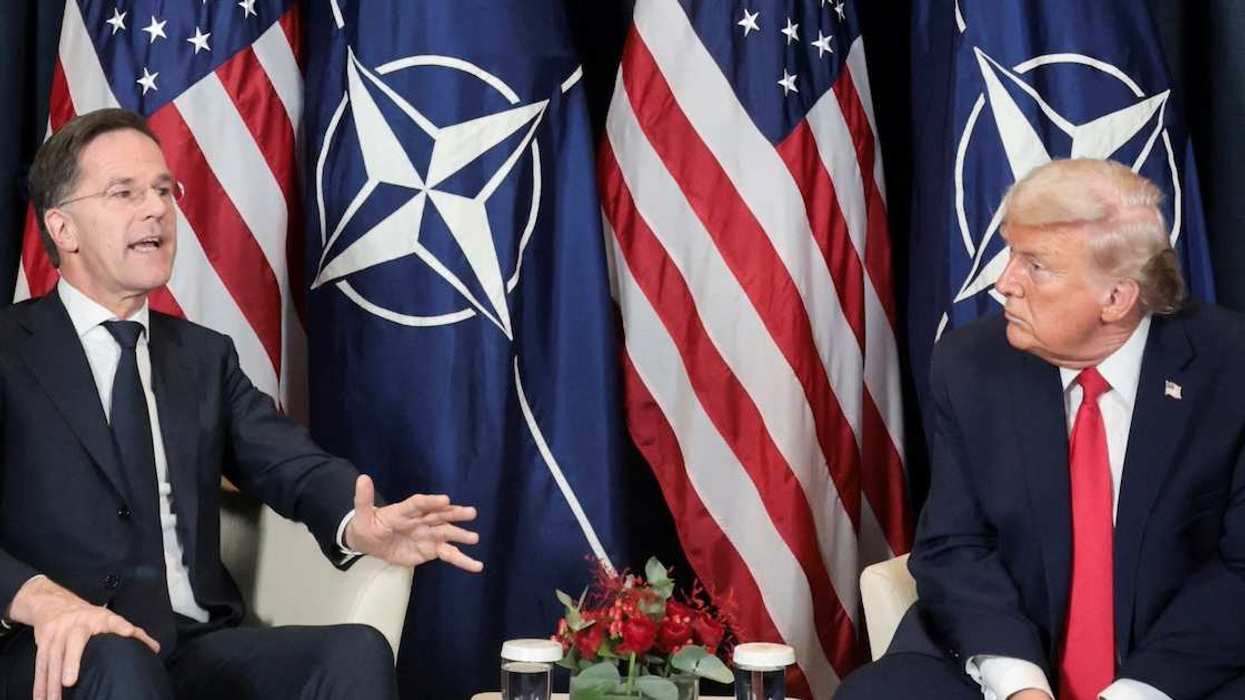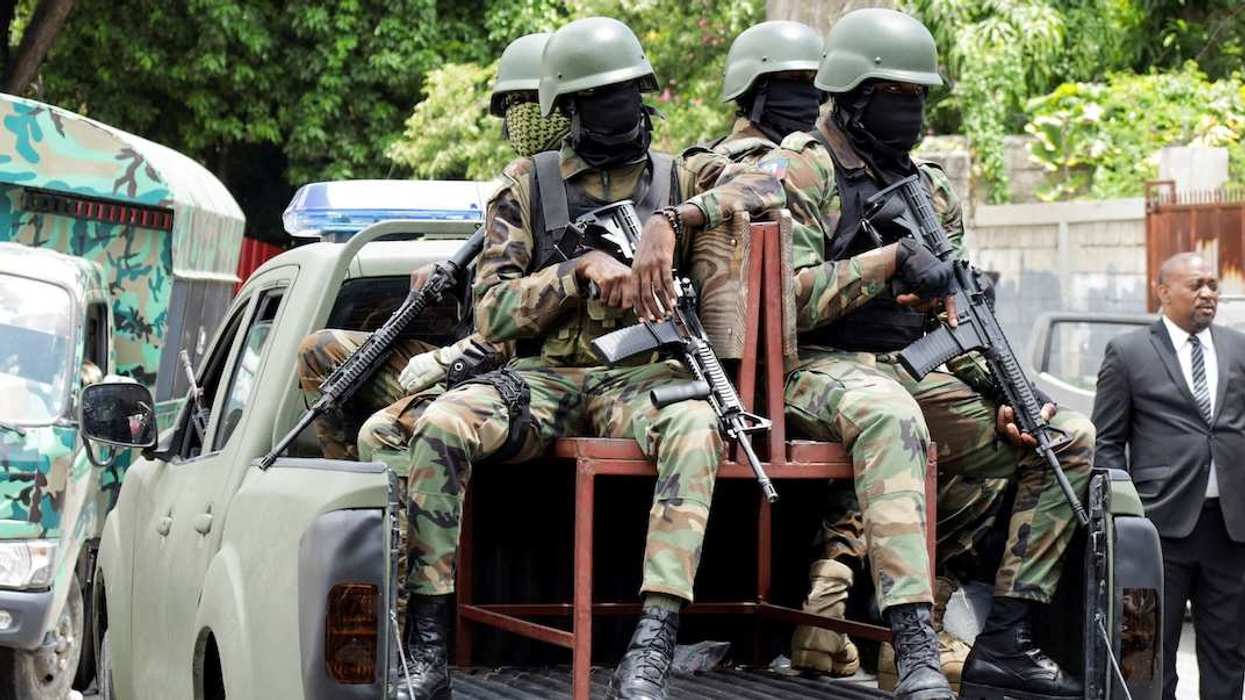Ahead of this week’s G7 Finance Ministers’ Meeting in Stresa, Italy, leaders might be feeling a little stress-a’d themselves. With the US election still anyone’s game, the world’s great democracies are increasingly concerned a victory for Donald Trump could severely impact, or even cut off, aid to Ukraine.
With that in mind, they’ll be discussing plans to pass along the interest earned on some $350 billion in frozen Russian assets to fund Kyiv’s war effort — basically making Russia pay to fight itself. If all goes well this week, US officials say some $50 billion could be ready to disburse as soon as this summer. As the assets earn more interest, Ukraine gets more money, and no fiddling with Congress is needed. The European Union is already using a similar set up to fund weapons purchases for Ukraine.
If the details can be hammered out before the G7 Leaders’ Summit next month and implemented before the US election, Trump winning wouldn’t change the payouts to Ukraine. But there’s work to be done: The US, UK, and Canada are reportedly more gung-ho, while Japan, Germany, France, and Italy are still concerned about the long-term precedents their actions could set, possibly driving money from places like China and the Persian Gulf away.


















